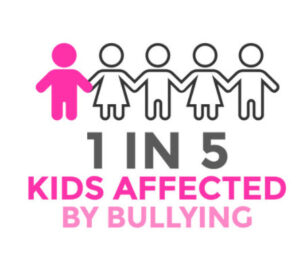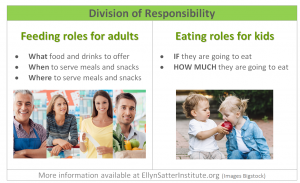Stop Body Weight Bullying
Today is Pink Shirt Day with a focus on working together and treating others with dignity and respect. As a mom of three I have seen how kids are affected by bullying and how hurtful it is. As a dietitian I continue to see the harm done to kids by body weight comments and related bullying. Both overweight and underweight children can fall victim of all kinds of bullying. Bodyweight bullying can easily happen even in the home environment. Calling out a child on their body size or commenting on their food choices could damage a child’s healthy relationship food. The damage done by weight bullying can be more dangerous than the body weight itself.
Parents who are concerned about their child’s weight should consult with accredited health care professionals including a registered dietitian and address the issue with as much empathy as possible.
How can you help your child develop healthy habits?
You can play an important role in helping your child build healthy eating, drinking, physical activity, and sleep habits. Here are 5 tips to get you started:
- Serve food ‘family style’ and allow children to serve themselves.
- Put healthy foods in the fridge or on the counter where they are easy to see.
- Eat family meals together as often as possible. Studies show eating together at least 5-7 times a week improves children’s health and behaviour.
- Discourage eating in front of the television, computer, or other electronic device and have fewer meals ‘on the run’.
- Don’t make your child clean his or her plate and don’t offer food or drinks as rewards.
Your child’s weight – helping without harming
Dietitian expert Ellyn Satter is a leader in child nutrition and her book ‘Your child’s weight – helping without harming’ has been a highly valued resource for parents and professionals.
Ellyn emphasizes good parenting with respect to the provision of food, feeding dynamics and physical activity. The Satter model of “division of responsibility in feeding” is this:
- Adults are responsible for the what, when and where of feeding
- Children are responsible for the how much and whether of eating
Do you have questions about good nutrition and healthy eating? Connect with us! We offer expert personalized sessions to help you simplify eating and leverage the benefits of credible nutrition science. As dietitians we love food and look beyond the fads and gimmicks to deliver reliable, life-changing advice.
Contact us directly or complete this Nutrition Counselling Session Registration Form for your individualized nutrition coaching appointments in a virtual format.

